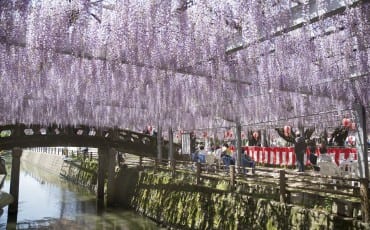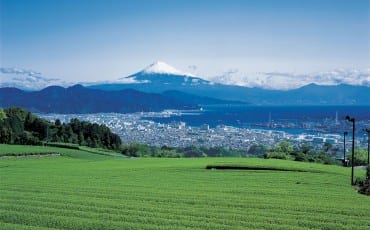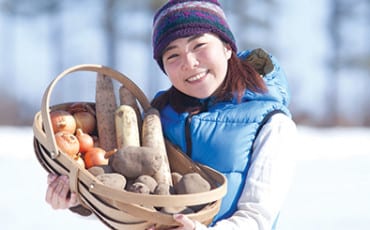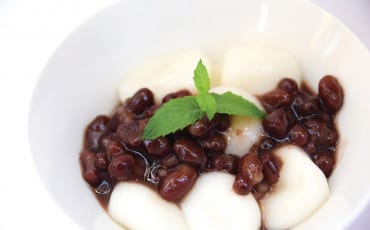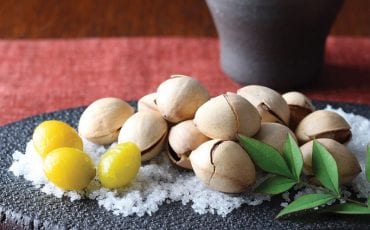Articles
Seasons
Jul 30, 2019
Stay cool for the SUMMER
When temperatures rise, cool down at the beach, enjoy a frozen treat or relax in a beer garden.
Summers in Japan have always been about matsuri (festivals) and hanabi (fireworks), with exuberant dance processions and, literally, “flower-fire” (fireworks) displays. But with the soaring temperatures, keeping cool is also a full-time pursuit.
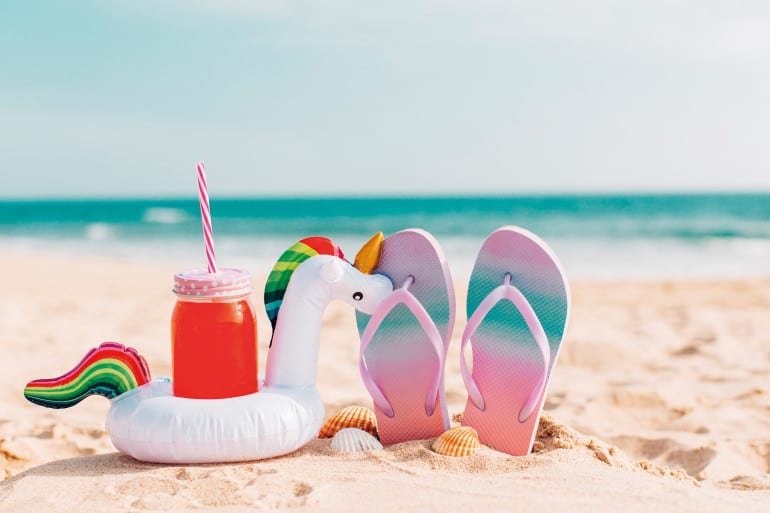
No thanks to global warming, last year saw the mercury shooting up to a record 41.1 degrees Celsius near Tokyo. As the capital gears up for the 2020 Summer Olympics, officials are working on ways to cool down athletes and spectators, such as developing pavements that emit less heat, planting tall trees and setting up mist sprays along marathon routes. Traditionally, the Japanese put up straw screens and spray water outside to cool things down.
When you’re in Japan, do as the citizens do, and head for the beach during the seemingly endless golden days of summer. Youth and families can be found camping by the surf at Shimoda, a beach town on the south-eastern Izu peninsula, in Shizuoka Prefecture. Apart from the main stretch of Shirahama Beach, with its restaurants and hotels, there are also a number of hidden swimming spots.
“Shirahama” means, simply, “white beach”, so it’s no surprise there’s another Shirahama on the south coast of Wakayama Prefecture, famous for its resorts and onsen spas. Or head to beautiful Amami Oshima island in Kagoshima, with its clear aquamarine waters and coral reefs — a less-discovered alternative to Okinawa.
Heading to the onsen or hot spring seems counter-intuitive on a blazing hot afternoon. But consider that many onsen have cold saunas or ice pools into which you can plunge yourself and practically hear the sizzle as urban heat dissipates from you. Make a day of it at an onsen town like Kinosaki in Hyogo Prefecture, and join the other visitors in breezy yukata (cotton summer kimono) and geta (wooden clogs) as they dash from ryokan to public baths.
Treat yourself also to kakigori, a shaved ice dessert not unlike ice kacang. Kakigori dates back to the 11th century, when Japanese ristocrats got their servants to shave the precious ice blocks saved in their cellars and drizzle the bowls with sweet syrup before eating to get that bit of internal “air-conditioning”. These days, you can get a variant called shirokuma — which comes with toppings such as mochi, fruit and sweet bean paste — from supermarkets and convenience stores.
Can’t get enough of eating cold things? Take your pick from cold ramen (hiyashi chuka, literally “chilled Chinese food”, served only in summer in Japan’s restaurants); cold udon (hiyashi tanuki udon, with crunchy leftover tempura crumbs); cold somen (nagashi somen, served over ice or in an icy bath); and cold soba (zaru soba, with a dipping sauce).
Summer is also when beer gardens start to pop up all over Tokyo and elsewhere. Department stores and hotels also open up their roofs to cater to thirsty folk. Try Tokyu Rooftop Premium Beer Garden atop the famed store’s Shibuya flagship, with seats for 250 people and all-you-can-drink two-hour deals.
After all, there is nothing that says summer is for the living more than sun-kissed, boozy roses blooming on your cheeks.
(TEXT CLARA CHOW / PHOTO FREEPIK.COM/ANGIEGAGO )


